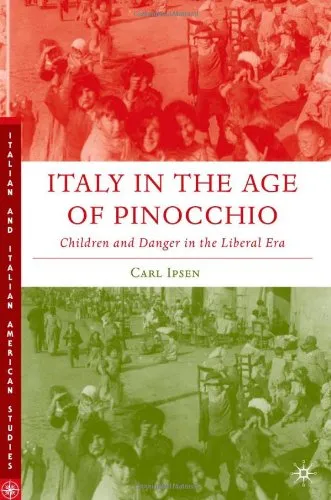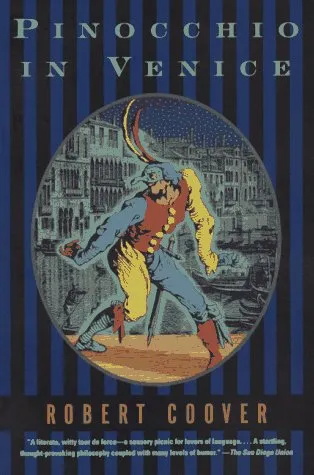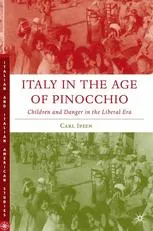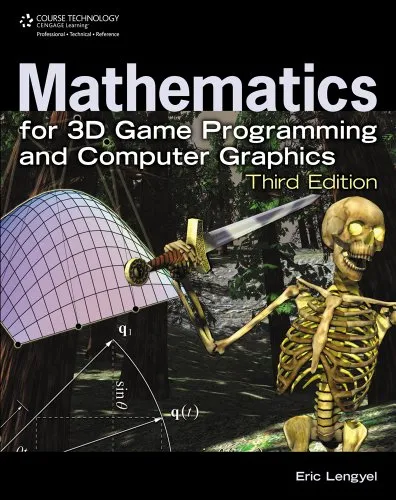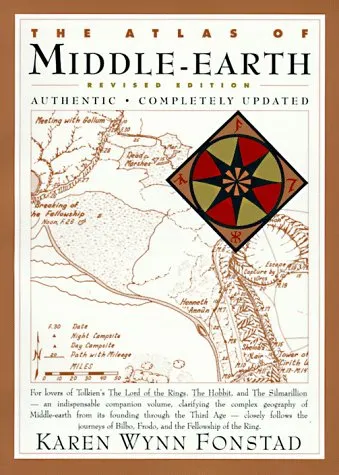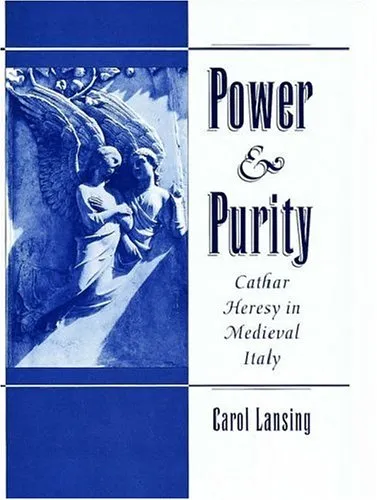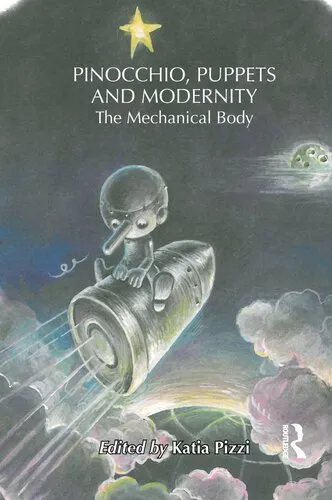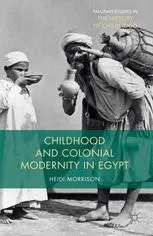Italy in the Age of Pinocchio: Children and Danger in the Liberal Era (Italian & Italian American Studies)
4.0
Reviews from our users

You Can Ask your questions from this book's AI after Login
Each download or ask from book AI costs 2 points. To earn more free points, please visit the Points Guide Page and complete some valuable actions.Related Refrences:
Introduction
Welcome to the rich tapestry of Italian history in the late 19th and early 20th centuries, as explored in "Italy in the Age of Pinocchio: Children and Danger in the Liberal Era." This book delves into the complex intersections of childhood, societal change, and perceived dangers during Italy's transformative Liberal Era. Through meticulous research and vivid storytelling, we uncover how emerging notions of childhood mirrored broader social shifts.
Detailed Summary
In "Italy in the Age of Pinocchio," we journey through an era marked by significant transformation—and tumult—in Italy. The book captures the zeitgeist of the Italian Liberal Era, roughly spanning 1861 to 1922, a period of modernization, urbanization, and the struggle for a cohesive national identity. The focus is on children—often the most vulnerable amid societal shifts—and how they came to embody broader fears and hopes within this burgeoning modern society.
The book begins by contextualizing the era, highlighting major political and social developments. The reader is introduced to the concept of "juvenile danger," an anxiety that stemmed from a rapidly industrializing society grappling with new family dynamics, educational reforms, and the challenge of integrating diverse regional identities into a single nation-state.
Through the lens of popular culture, educational policies, and child welfare initiatives, the narrative demonstrates how childhood was constructed as both a stage of innocence and a potential period of risk requiring careful management. The character of Pinocchio, the mischievous yet endearing puppet from Carlo Collodi's classic tale, serves as an emblematic figure throughout the text, symbolizing societal fears of unruly and unformed youthful potential.
Key Takeaways
- The Liberal Era in Italy was marked by significant transformations that affected societal perceptions of childhood.
- Concerns about juvenile danger were tied closely to Italy’s broader anxieties about modernization and national identity.
- Children were seen both as a source of hope for the future and as vulnerable beings requiring protection and control.
- The story of Pinocchio offers profound insights into how cultural narratives shaped and reflected societal attitudes towards children.
Famous Quotes from the Book
"In the tale of Pinocchio—which is as much a tale of transformation as it is of trouble—one finds the embodiment of Italy's fears and desires about its children and, by extension, its own future."
"As Italy faced the daunting task of national unification, children became both metaphor and reality of a nation striving for maturity."
Why This Book Matters
"Italy in the Age of Pinocchio" provides a nuanced perspective on a critical period of Italian history that continues to influence the country's narrative today. By focusing on children, the book uniquely illuminates how a young nation's hopes and anxieties are often projected onto its youth. The investigation into the historical concerns over juvenile danger reveals enduring themes of how societies manage fears associated with change and the next generation.
This work is essential not only for historians and scholars of Italy but for anyone interested in the broader themes of childhood, societal development, and cultural representation. Its insights provide a rich understanding of how past narratives around childhood and danger continue to resonate in our contemporary world.
Ultimately, "Italy in the Age of Pinocchio" is more than a historical account—it is a reflection on the perennial challenge of nurturing potential within a rapidly transforming society. For readers seeking a deep understanding of how historical anxieties shape contemporary realities, this book offers both a thoughtful exploration and a compelling narrative.
Free Direct Download
You Can Download this book after Login
Accessing books through legal platforms and public libraries not only supports the rights of authors and publishers but also contributes to the sustainability of reading culture. Before downloading, please take a moment to consider these options.
Find this book on other platforms:
WorldCat helps you find books in libraries worldwide.
See ratings, reviews, and discussions on Goodreads.
Find and buy rare or used books on AbeBooks.
1353
بازدید4.0
امتیاز0
نظر98%
رضایتReviews:
4.0
Based on 0 users review
Questions & Answers
Ask questions about this book or help others by answering
No questions yet. Be the first to ask!
